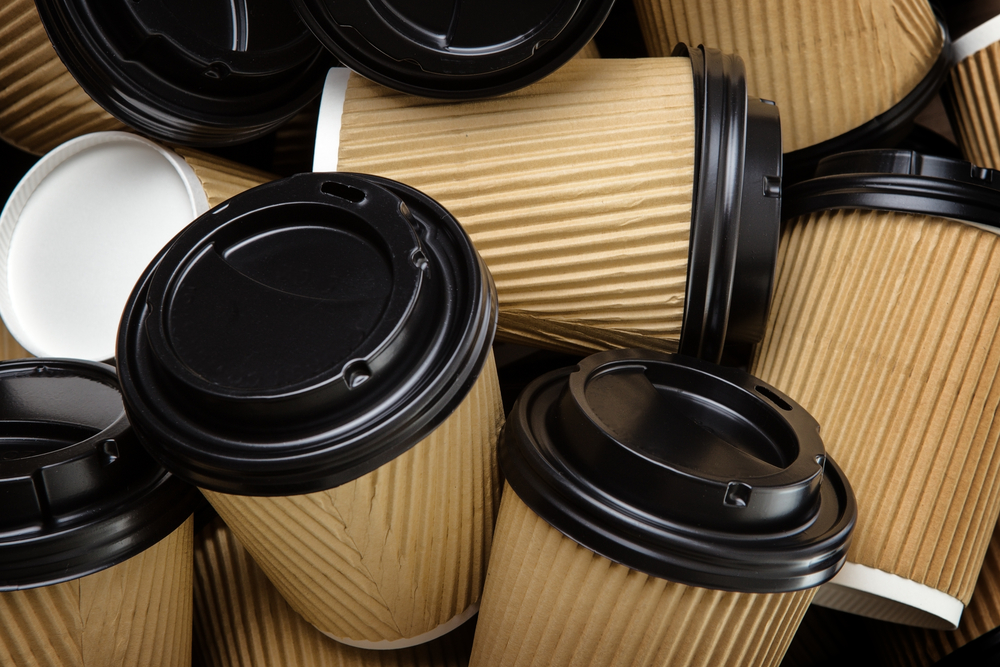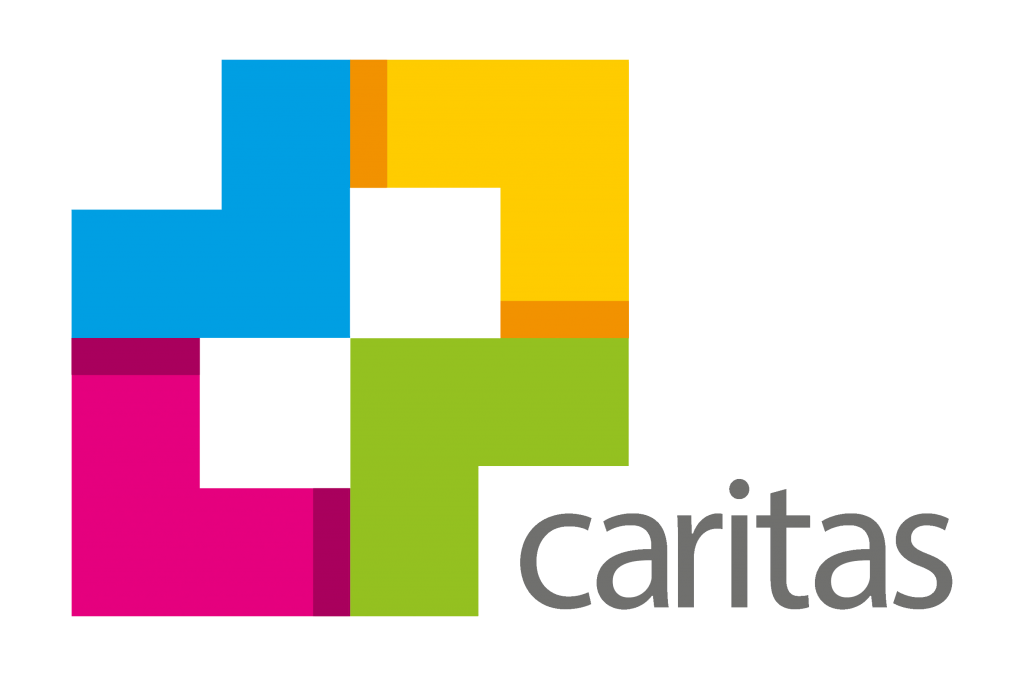

Small businesses ‘particularly vulnerable’ to cost increases of disposable cup crackdown with levy
The Association of Licensed Multiple Retailers is warning that the introduction of a so-called ‘latte levy’ on disposable cups will see smaller businesses suffer without a guarantee of successfully addressing waste.
It comes after a report by the Environmental Audit Committee, made up of MPs, recommended that the Government introduces a minimum 25p levy on disposable cups. It also recommended the revenue should be used to invest in reprocessing facilities and ‘binfrastructure’ to ensure that the remaining disposable cups are recycled.
The committee also want to see the use of a reusable cup encouraged wherever possible. The report found that: ‘Although some coffee shops have introduced discounts for customers bringing their own reusable cup, awareness and uptake of these offers has been low. We have heard that charges are more effective than discounts, and the use of a charge on environmentally damaging packaging has already seen success through the plastic carrier bag charge. A ‘latte levy’ on disposable coffee cups would remove some of the financial burden from local authorities and council taxpayers.’
The MPs say: “To kick start consumer awareness, we recommend that the Government sets a target that all single use coffee cups should be recycled by 2023. If this target is not achieved, the Government should ban disposable coffee cups.”
The ALMR however says the charge on disposable cups will increase costs for employers and undermine investment, and are instead calling on the Government to promote other schemes to address waste.
Chief executive of the national trade body, Kate Nicholls, said: “Efforts to reduce waste are welcome and steps to tackle environmental damage are laudable, but the major concern here is that a ‘latte levy’ will simply increase costs for businesses without having any discernible effect in tackling the problem.
“Small and medium-sized businesses will be particularly vulnerable to cost increases and many of them will find it difficult to absorb this cost or even pass it onto customers as the cost of the cup is already factored into the price.
“Efforts by businesses to tackle the issue are recognised in the report and some of the ALMR’s members have begun loyalty schemes or provided discounts for customers using their own reusable cups. Steps such as these help address waste without increasing costs for businesses and actually save customers money. The sector is taking the issue seriously and the Paper Cup Recovery & Recycling Group’s annual report states that we now have over 4,000 recycling points from a standing start.
“This is not necessarily the same as the charge on plastic bags because, unlike a trip to the supermarket, buying a coffee is usually an impulse purchase; and waste generated by paper cups amounts to just 0.7% of the UK’s total packaging waste. Action taken at the other end of the chain, to improve recycling facilities, rather than deter purchases, might be a more effective option.
“Schemes to tackle waste are welcome, and businesses are ready to play their part, but an additional tax on businesses, one which will increase costs and potentially threaten jobs, is not the answer.”

